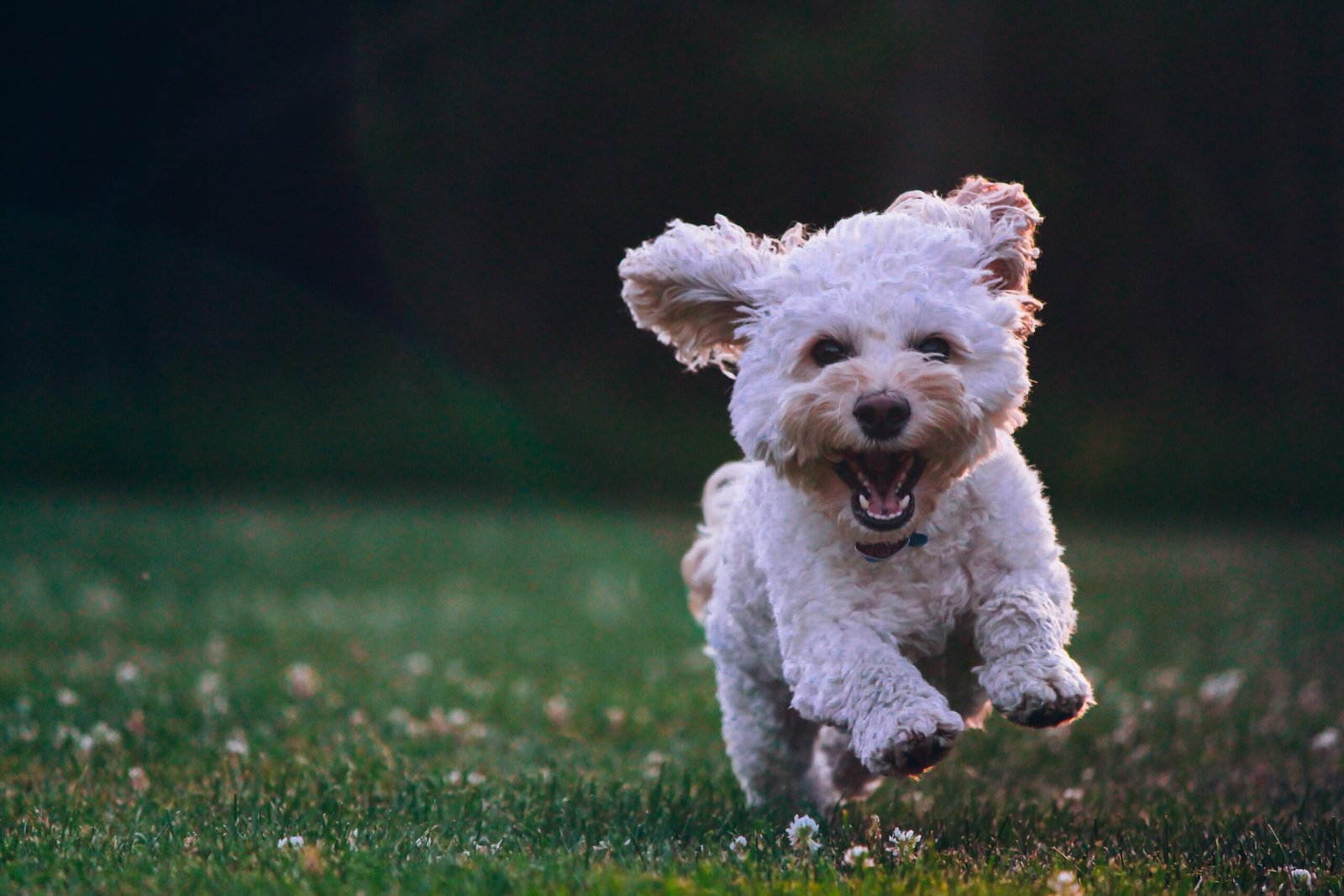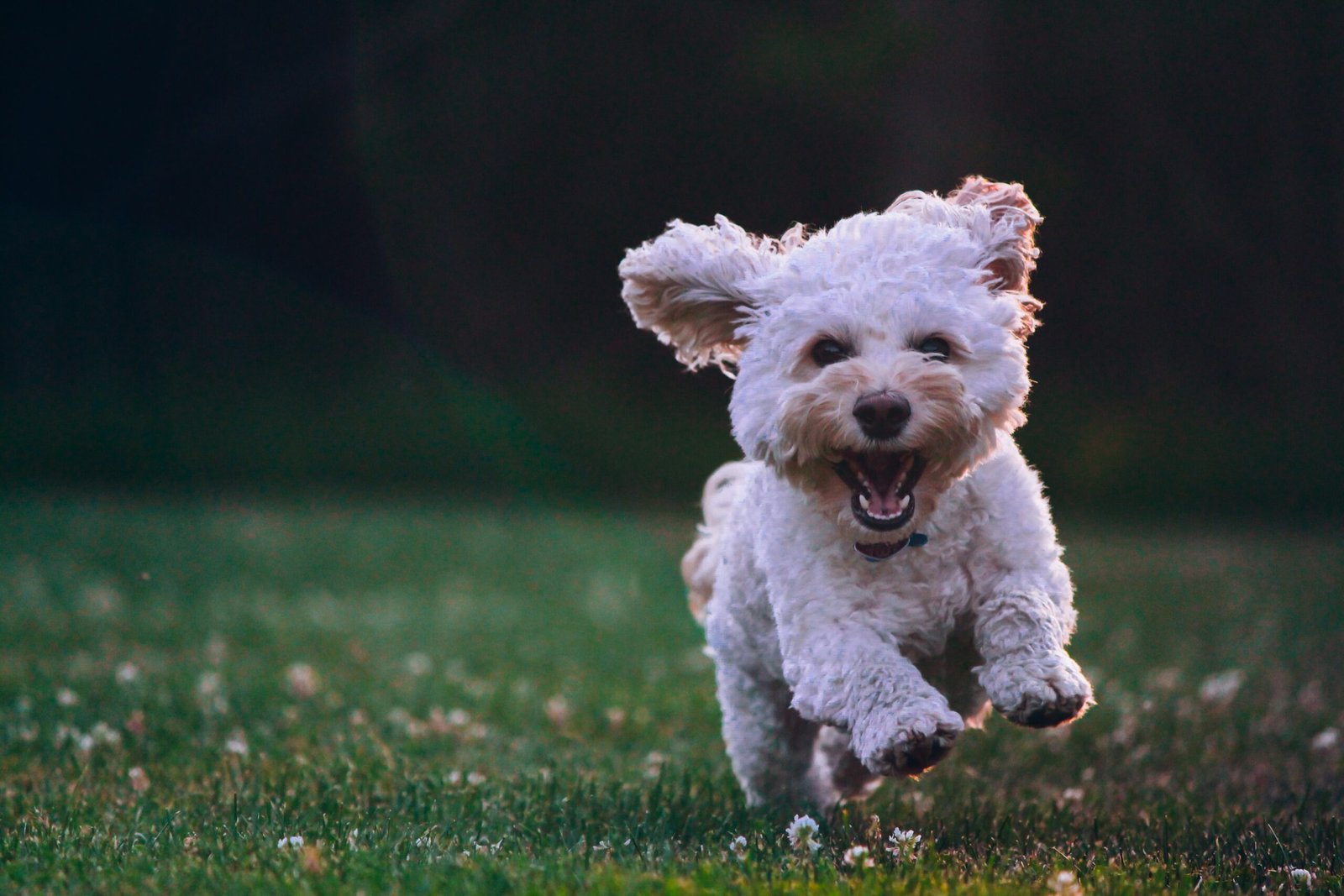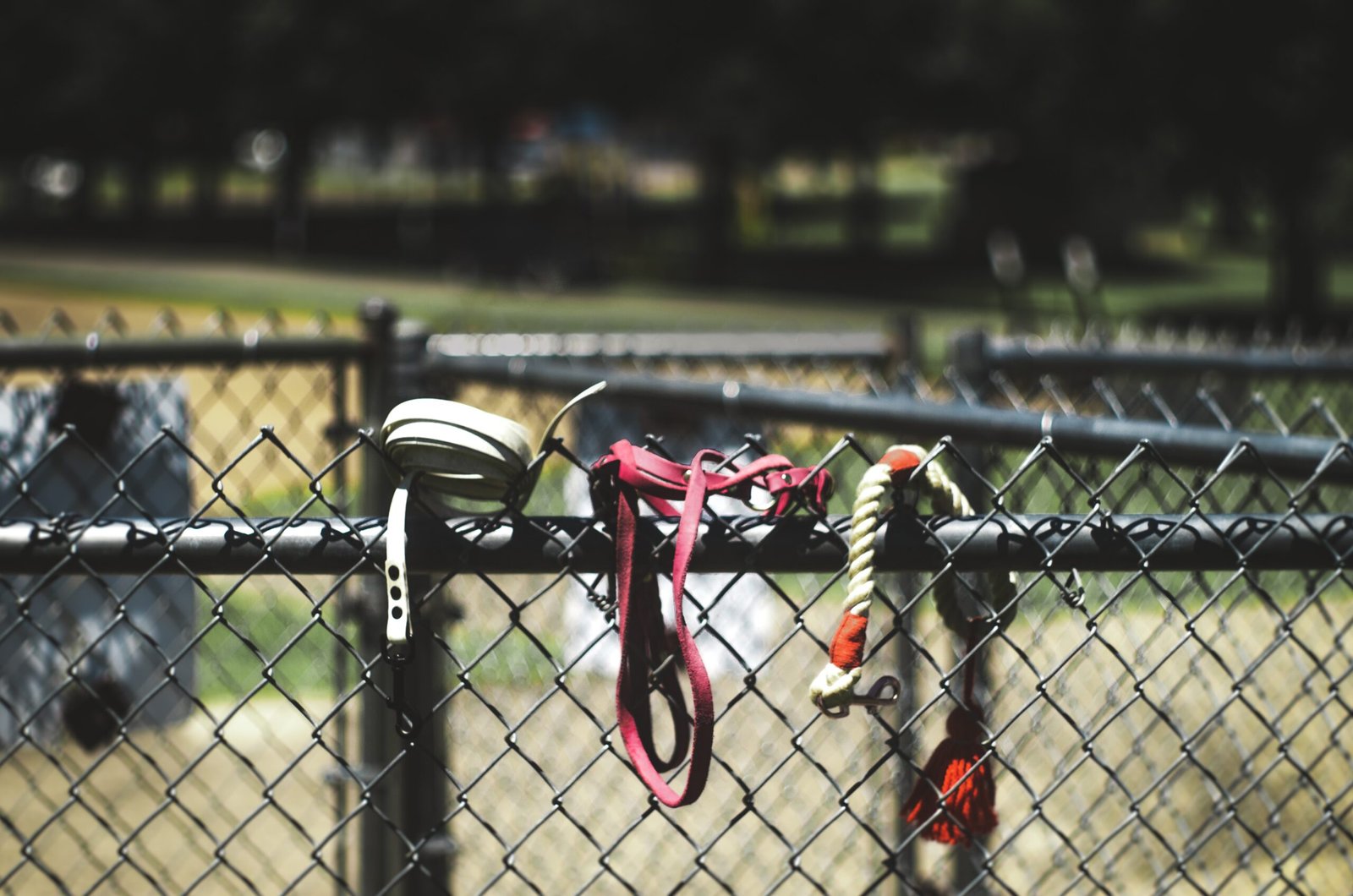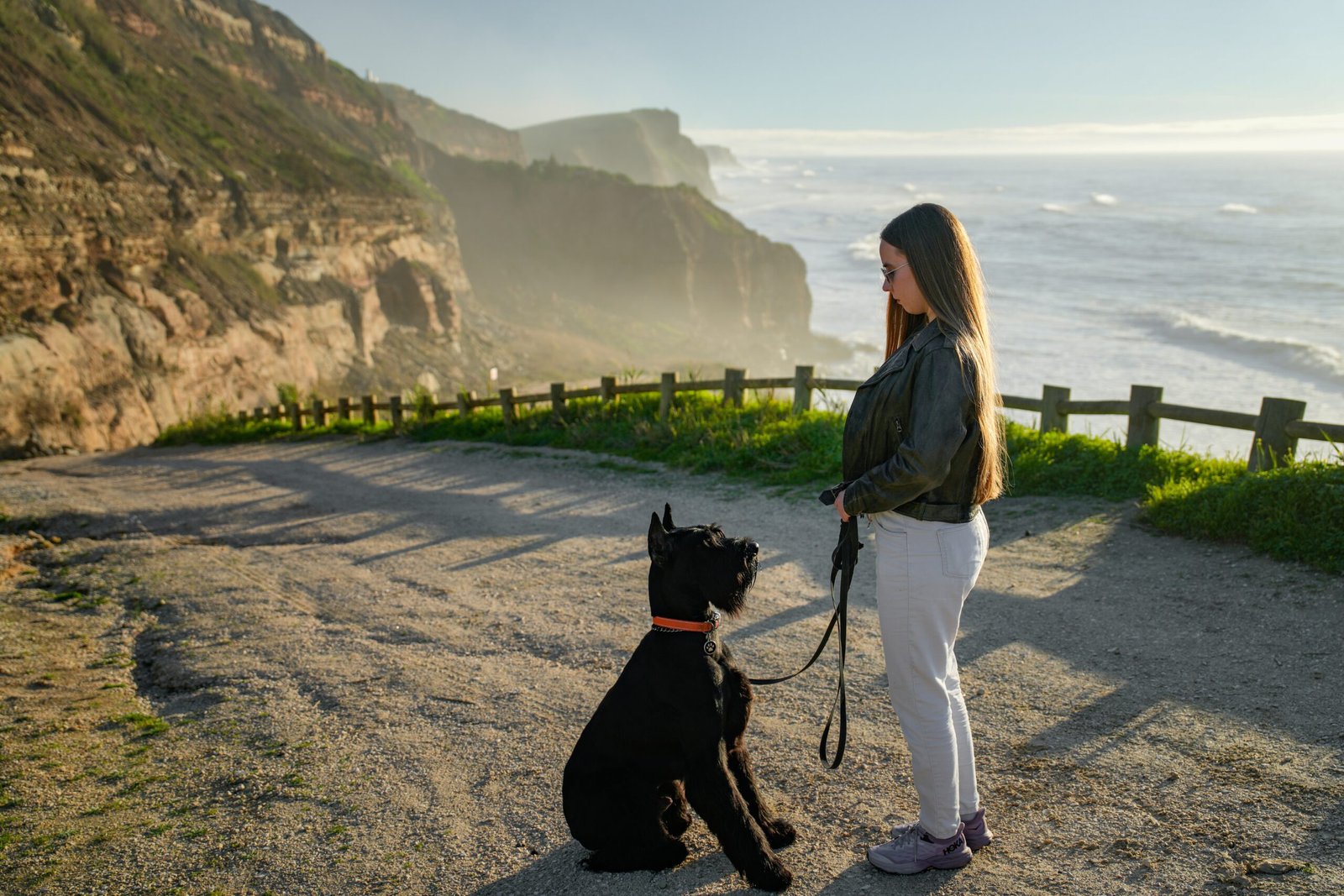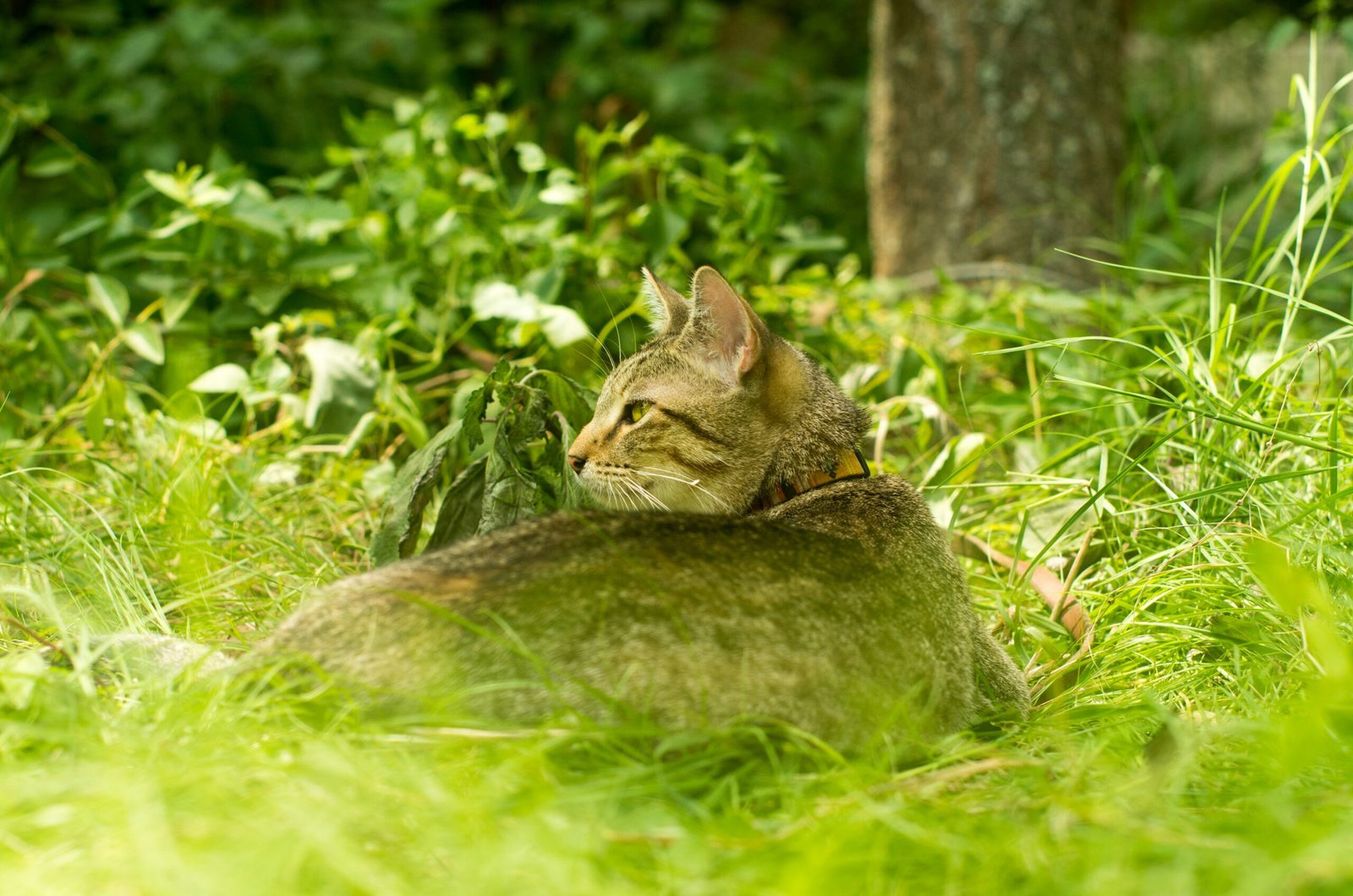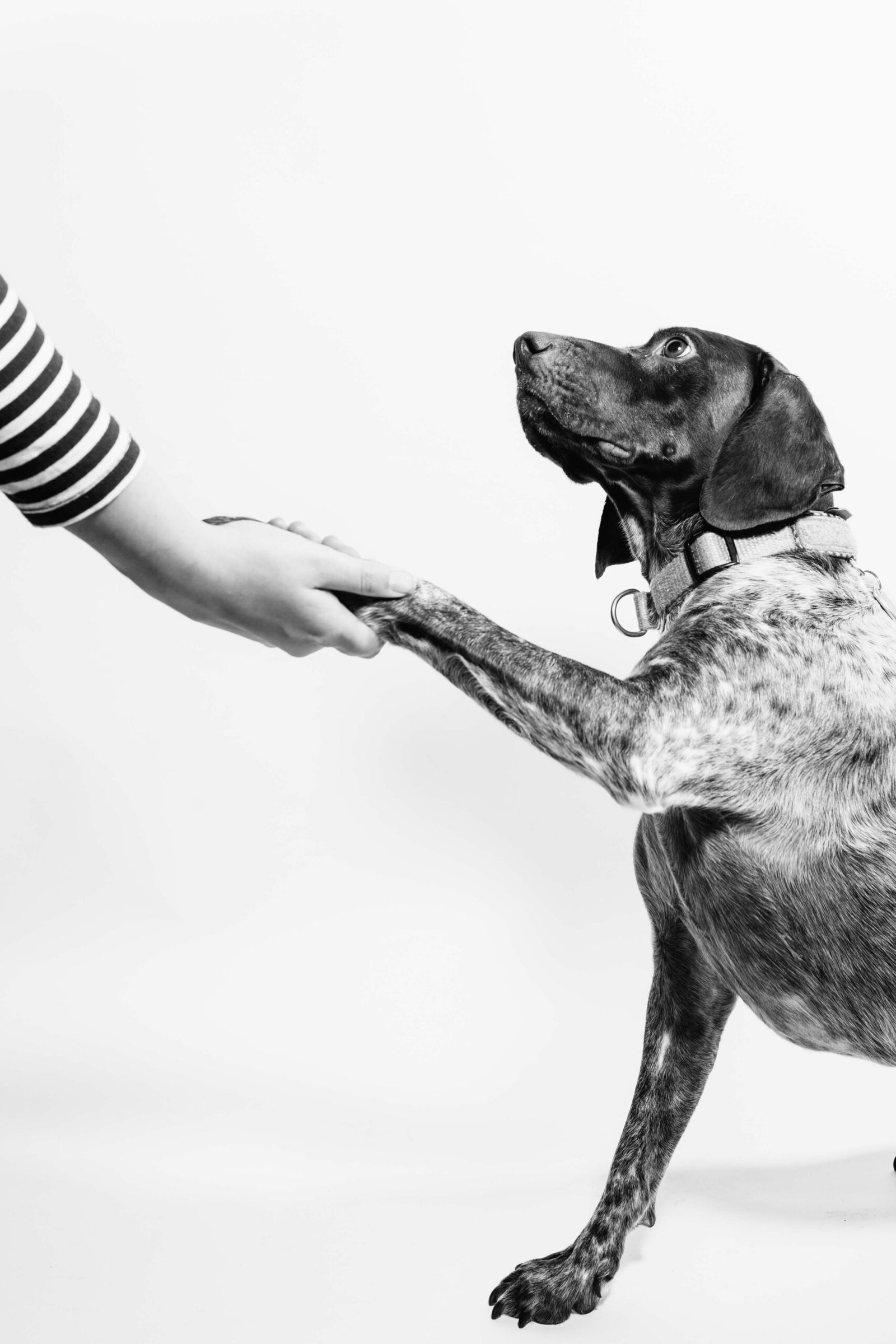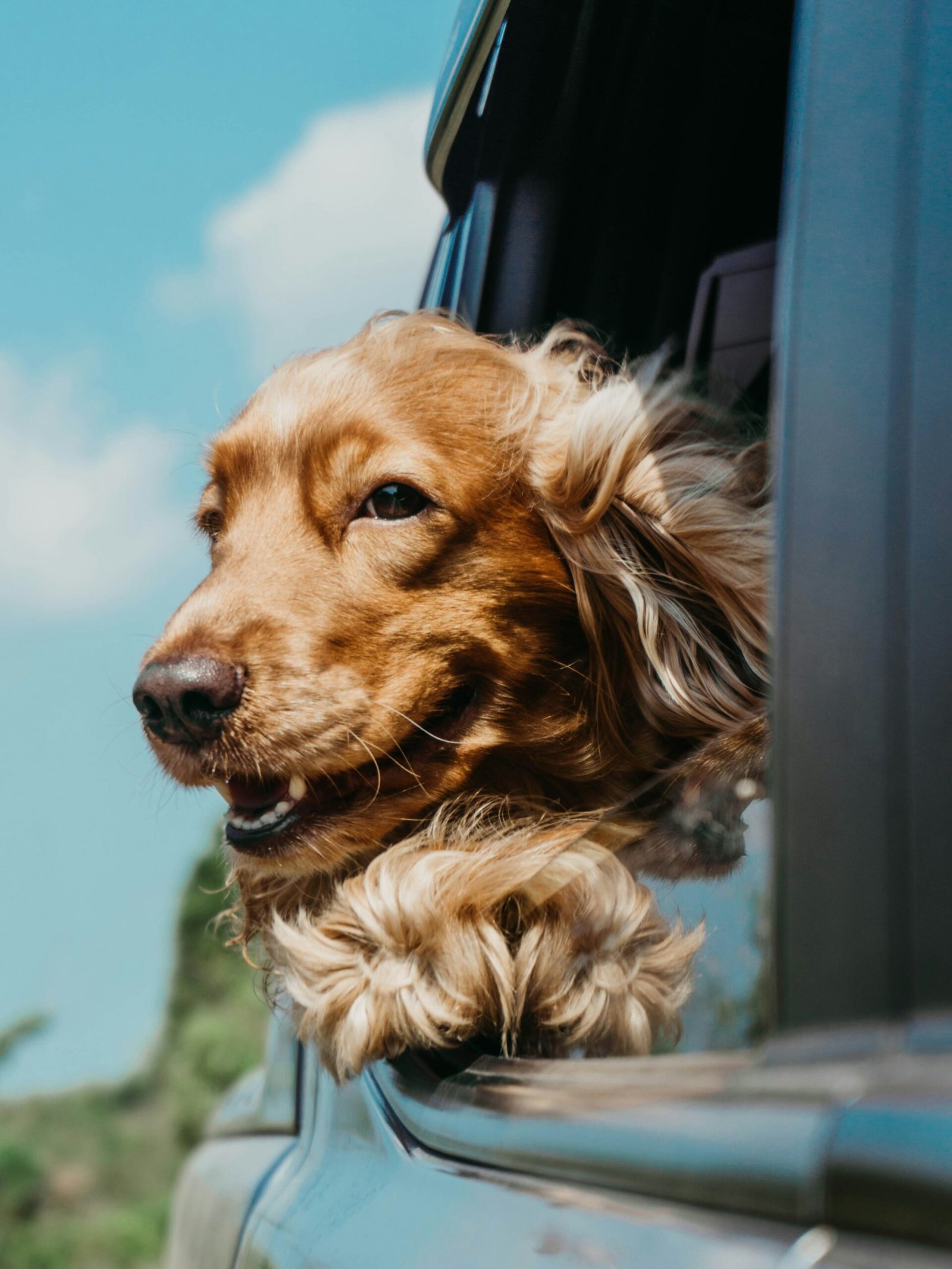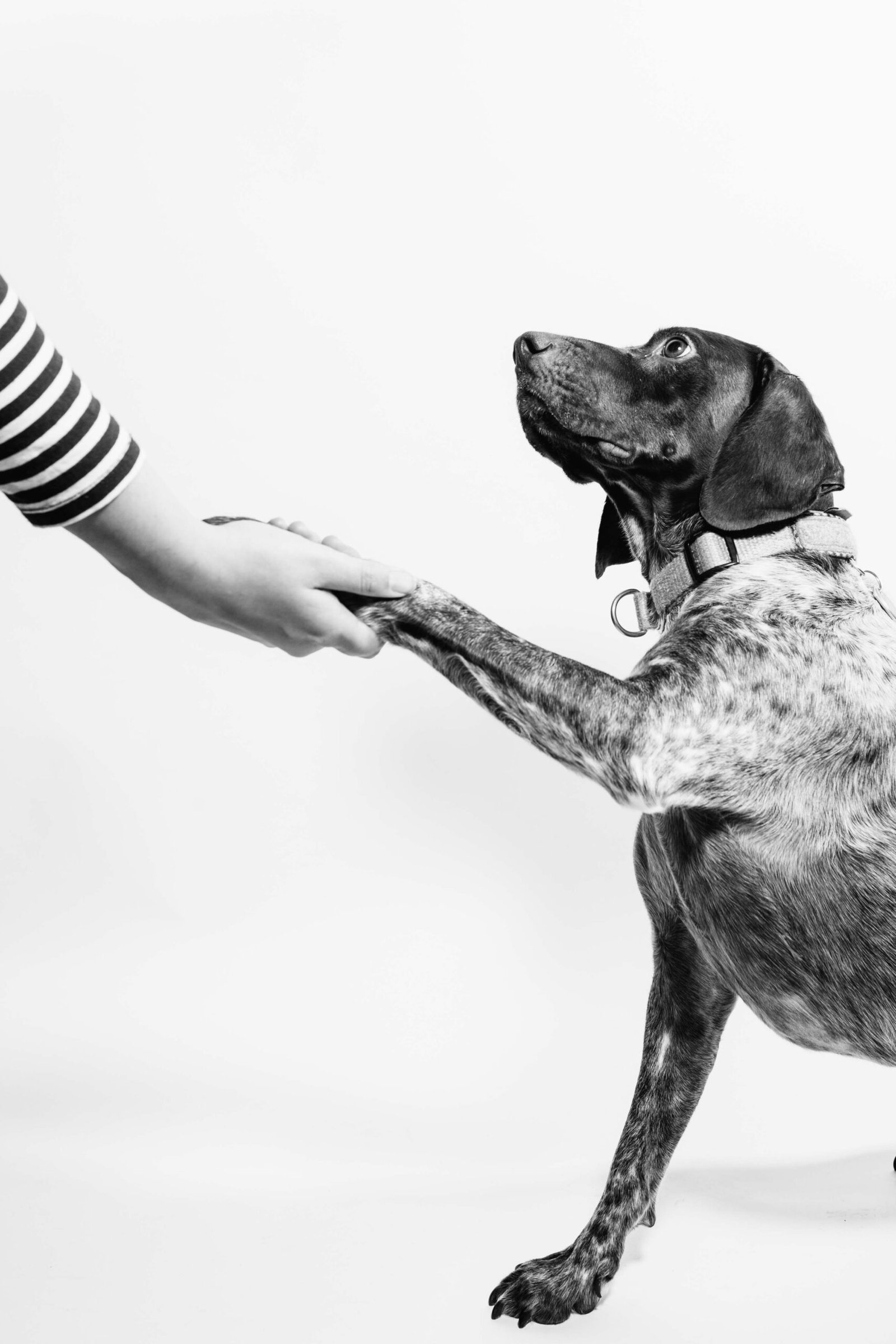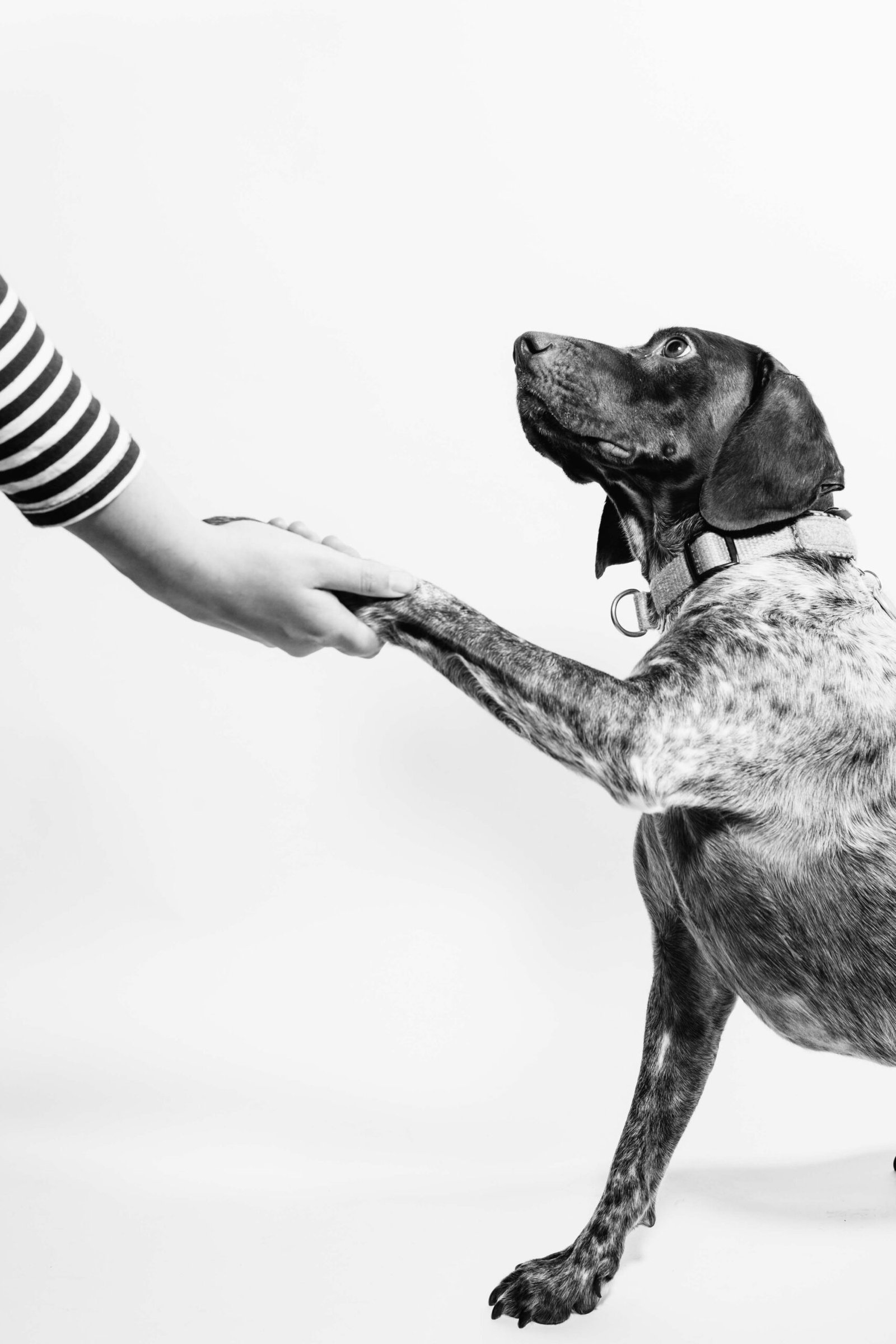Introduction
Welcome to our comprehensive guide on puppy house training techniques! Bringing a new puppy into your home is an exciting time, but it also comes with its fair share of challenges. One of the most important aspects of raising a well-behaved and happy pup is house training. In this blog post, we will explore the top 10 techniques for successfully house training your puppy. Whether you’re a first-time dog owner or looking for new strategies, this guide has got you covered.
1. Establish a Routine
Consistency is key when it comes to house training your puppy. Establish a regular feeding schedule and take your pup outside to eliminate at the same times every day. This helps them develop a predictable routine and reduces accidents indoors.
Example: Feed your puppy at 7 am, 12 pm, and 6 pm, and take them outside immediately after each meal.
2. Use Positive Reinforcement
Positive reinforcement is a powerful tool in puppy house training. Reward your pup with treats, praise, and affection when they eliminate outside. This reinforces the desired behavior and motivates them to continue doing so.
Example: Give your puppy a treat and praise them enthusiastically when they potty outside.
3. Crate Training
Crate training is an effective method for teaching your puppy to hold their bladder and bowels. Use a crate that is just big enough for them to stand, turn around, and lie down comfortably. Gradually increase crate time while ensuring your pup has regular bathroom breaks.
Example: Start with short periods of crate time and gradually increase it as your puppy becomes more comfortable.
4. Supervise and Limit Freedom
Supervision is crucial during the house training process. Keep a close eye on your puppy and limit their access to the house until they are fully trained. Use baby gates or keep them in a designated area to prevent accidents in other parts of the house.
Example: Keep your puppy in the same room as you or use baby gates to confine them to a specific area.
5. Set Realistic Expectations
House training takes time and patience. It is important to set realistic expectations and understand that accidents will happen, especially in the early stages. Stay consistent with your training efforts and remain positive throughout the process.
Example: Remember that puppies have small bladders and may need to eliminate more frequently than adult dogs.
6. Clean Accidents Properly
When accidents happen, it’s essential to clean them up properly to eliminate any lingering odors that may attract your puppy back to the same spot. Use an enzymatic cleaner specifically designed for pet accidents.
Example: Blot the accident with paper towels, then apply the enzymatic cleaner and follow the instructions on the product.
7. Use Verbal Cues
Teach your puppy a specific verbal cue, such as “go potty” or “do your business,” to associate with the act of eliminating. Use this cue consistently when you take them outside to reinforce the desired behavior.
Example: Say the cue phrase right before your puppy eliminates, and praise them afterward.
8. Take Regular Bathroom Breaks
Puppies have small bladders and need frequent bathroom breaks. Take your puppy outside every 1-2 hours, especially after meals, naps, playtime, and waking up in the morning or from a nap.
Example: Set a timer or use a schedule to remind yourself to take your puppy outside regularly.
9. Be Patient and Persistent
House training can be challenging at times, but it’s important to remain patient and persistent. Stay consistent with your training methods and continue reinforcing positive behavior. Remember, every puppy learns at their own pace.
Example: If your puppy has an accident indoors, remain calm, clean it up, and continue with the training process.
10. Seek Professional Help if Needed
If you’re struggling with house training despite your best efforts, don’t hesitate to seek professional help. A certified dog trainer or behaviorist can provide guidance tailored to your specific situation and help you overcome any challenges.
Example: Contact a reputable dog trainer in your area for personalized assistance with house training.
FAQs
Q: How long does it take to house train a puppy?
A: The duration of house training can vary depending on the individual puppy and consistency in training. On average, it takes around 4-6 months to fully house train a puppy.
Q: Should I punish my puppy for accidents?
A: No, punishment is not recommended. Instead, focus on positive reinforcement and redirecting your puppy to the appropriate elimination area.
Q: Can I use pee pads for house training?
A: While pee pads can be used as a temporary solution, it’s best to transition your puppy to eliminate outdoors as soon as possible to avoid confusion.
Q: What if my puppy only eliminates indoors?
A: If your puppy consistently eliminates indoors, consult a professional trainer to address any underlying issues and develop a tailored training plan.
Q: Can older dogs be house trained?
A: Yes, older dogs can be house trained. The same principles of consistency, positive reinforcement, and supervision apply regardless of the dog’s age.
Q: Should I wake up during the night to take my puppy outside?
A: In the early stages of house training, it may be necessary to wake up during the night to prevent accidents. Gradually, as your puppy develops better bladder control, you can extend the time between nighttime bathroom breaks.
Q: Can I use a bell for my puppy to signal when they need to go outside?
A: Yes, bell training can be an effective method to teach your puppy to signal when they need to go outside. Hang a bell near the door and encourage your puppy to ring it with their nose or paw before going out.
Q: What if my puppy has an accident while I’m not at home?
A: If you’re unable to supervise your puppy while you’re away, confine them to a safe area with puppy pads or use a dog crate. Gradually, as they become more reliable, you can expand their freedom within the house.
Q: Can I train my puppy to use a specific area of the yard for elimination?
A: Yes, you can designate a specific area in your yard for your puppy’s bathroom needs. Take them to that area consistently and use the verbal cue to reinforce the behavior.
Q: Can I hire a dog walker to assist with house training?
A: Yes, a professional dog walker can help ensure your puppy gets regular bathroom breaks when you’re unable to be home. This can be especially beneficial during the early stages of house training.
Tips
- Be patient and consistent with your training efforts.
- Keep training sessions short and frequent.
- Monitor your puppy’s water intake to regulate bathroom breaks.
- Use a designated command for elimination, such as “go potty” or “do your business.”
- Reward your puppy immediately after they eliminate outside.
- Supervise your puppy closely when they are indoors.
- Consider using a leash indoors to prevent accidents.
- Provide plenty of mental and physical stimulation to prevent boredom and excess energy.
- Stay positive and avoid punishment or scolding.
- Consult a veterinarian if you suspect any underlying medical issues affecting house training.
Conclusion
House training your puppy is a fundamental part of their early development and sets the stage for a well-behaved adult dog. By following these top 10 techniques, establishing a routine, and using positive reinforcement, you can successfully navigate the house training process. Remember to be patient, consistent, and seek professional help if needed. With time and dedication, your puppy will become a house training pro!
Call to Action
Now that you have the tools and knowledge to house train your puppy, it’s time to put them into action. Start implementing these techniques today and watch your puppy thrive. Don’t forget to share this guide with fellow dog owners who may benefit from these tips. Together, we can create a community of well-trained and happy puppies!
